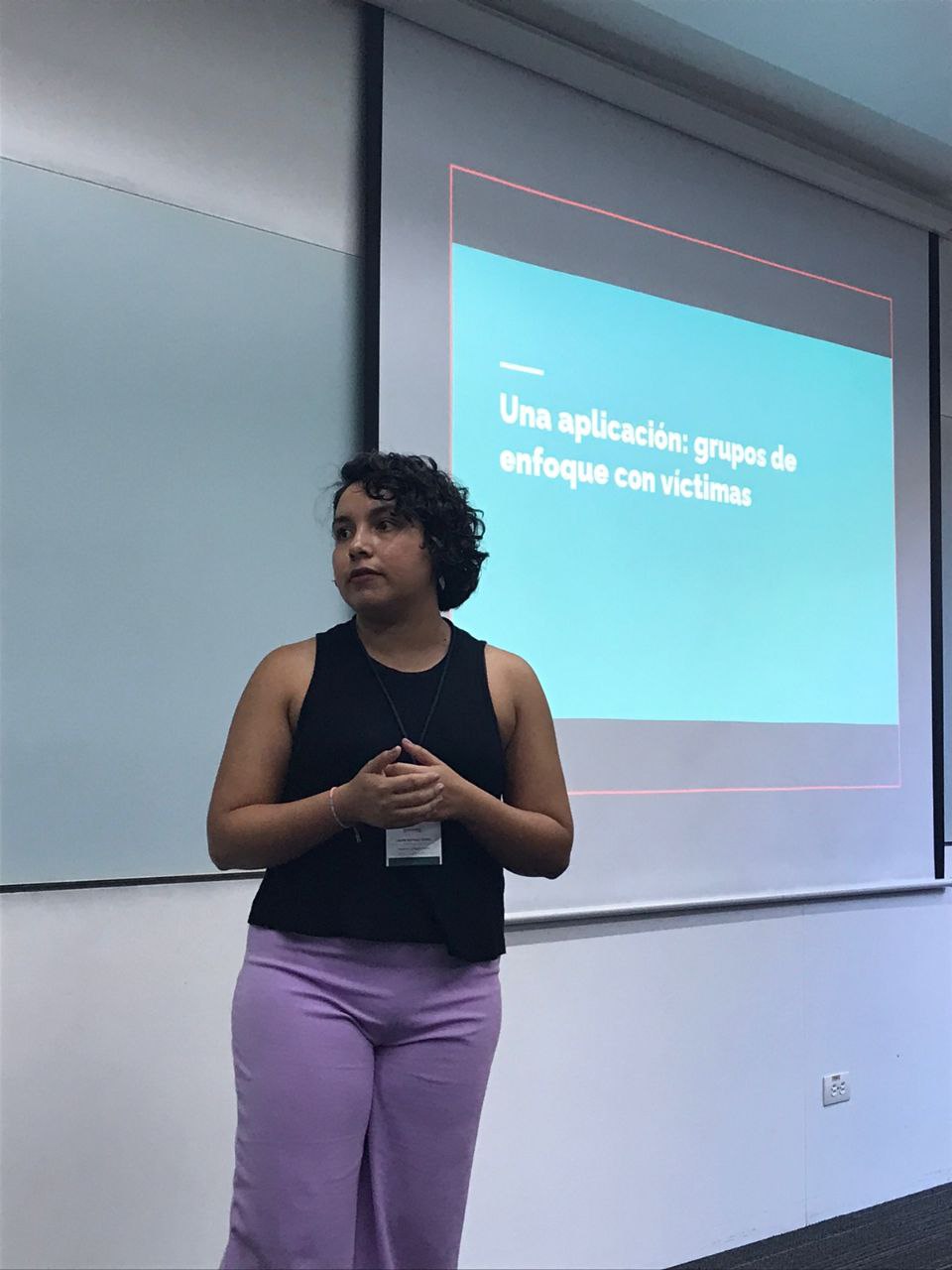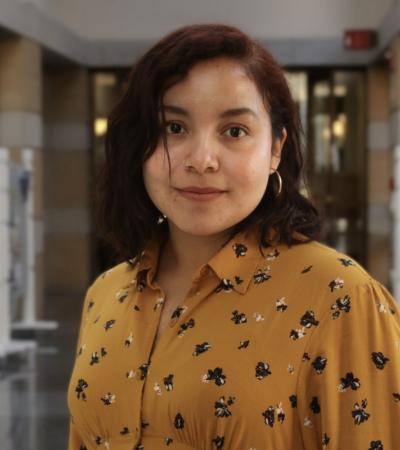Latin American Pease Studies Society 2023; Medellín, Colombia
Kellogg Institute Conference Travel Grants
Title of Presentation: Tracing Victim’s Experiences: an Ethical Method for Focus Groups with Victims of Violence
Conference: Latin American Pease Studies Society 2023, Medellín, Colombia
Conference Report:
 I received funding from the Kellogg Institute for attending the conference of Latin American Peace Studies Society 2023, which took place next January 18th to 20th in Medellín, Colombia, at EAFIT University. In this conference I presented a working paper titled “Tracing Victims’ Experience: an ethical method for focus groups with victims of violence”, which I am co-authoring with Mayra Ortiz Ocaña, who is also a fellow student at the Kellogg Institute.
I received funding from the Kellogg Institute for attending the conference of Latin American Peace Studies Society 2023, which took place next January 18th to 20th in Medellín, Colombia, at EAFIT University. In this conference I presented a working paper titled “Tracing Victims’ Experience: an ethical method for focus groups with victims of violence”, which I am co-authoring with Mayra Ortiz Ocaña, who is also a fellow student at the Kellogg Institute.
In this paper, we propose a series of ethical guidelines for conducting research with victims of violence in contexts of large-scale criminal conflicts, from a perspective that seriously considers the experiences of the victims of criminal and political violence. We argued that, in order to be ethical, social science research that engages with victims must be based on the principles of agency, long-term commitment and iteration, returning to participants, and integral psychosocial approach. We argue that the protocols for confidentiality and informed consent should be informed in a rigorous risk analysis conducted prior to the research. As violence in criminal conflicts keeps affecting millions of persons, political and social scientists need clear ethical and practical guidelines to conduct research with victims.
With this research project we also aim to contribute to the qualitative methodological literature on how to engage in research with victims of different forms of violence, using the focus group as a privileged technique of qualitative data gathering. This paper is closely related and combines the themes of democracy and human development promoted by the
Kellogg Institute. We focus on Latin America, a region where democratic countries are the scenario of state-criminal and inter-criminal conflicts that systematically attack members of the society.
As I anticipated, receiving feedback from the attendants at this conference was one of the main gains for my co-author and I as we continue to work on the paper. We received great advice from scholars from varied disciplines that are also conducting research on violent conflict and peace studies. They suggested reading and incorporating ethical guidelines
existent in disciplines such as anthropology, sociology and social work. They provided feedback and asked questions that have helped my coauthor and I identify the weaknesses
of the project, or the points that were unclear to this expert audience.
Finally, I also had the opportunity to listen to the presentations on the work of many political scientist and peace scholars from a variety of institutions. Through this, I learned more of what is being produced in the field of peace studies from the perspective of social sciences.






